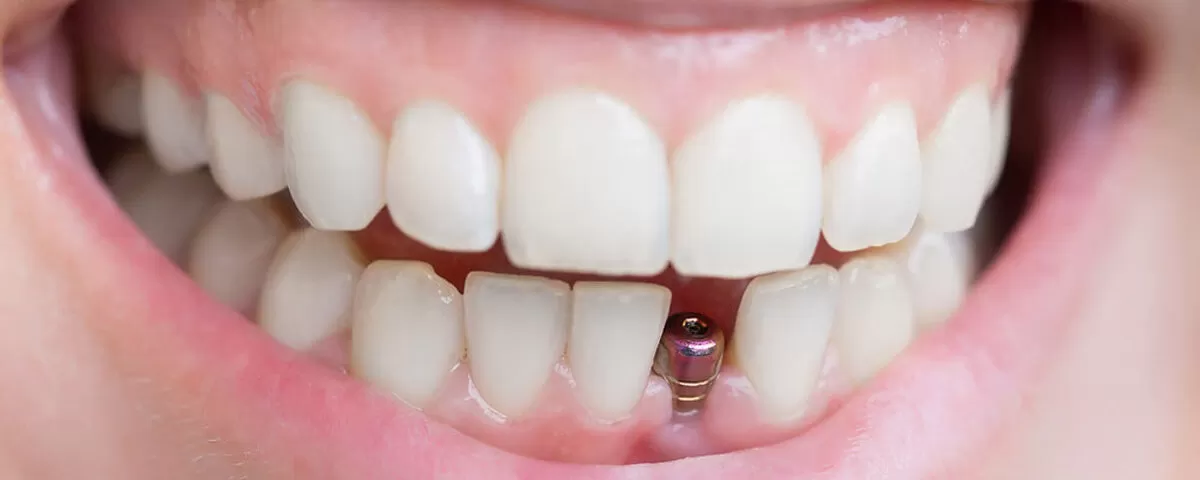12+ Periodontics Secrets For Gum Disease Prevention
Periodontics, the branch of dentistry concerned with the prevention, diagnosis, and treatment of diseases affecting the gums and supporting tissues of the teeth, plays a crucial role in maintaining oral health. Gum disease, also known as periodontal disease, is a chronic infection of the gums and bone that support the teeth, and it’s a leading cause of tooth loss in adults. Understanding the nuances of gum disease prevention is essential for maintaining a healthy, beautiful smile. Here are 12+ periodontics secrets for gum disease prevention, delving into the most effective strategies, latest research, and expert insights to keep your gums healthy.
1. Understand Your Risk Factors
Identifying your risk factors is the first step in preventing gum disease. These include smoking, diabetes, genetics, and poor oral hygiene habits. Regular dental check-ups can help assess your risk and guide you in taking preventive measures tailored to your needs.
2. Brush Your Teeth Correctly
Proper brushing is crucial in removing plaque, the primary cause of gum disease. Use a soft-bristled toothbrush and fluoride toothpaste, and brush for at least two minutes, twice a day. Pay special attention to the areas where your teeth and gums meet.
3. Don’t Forget to Floss
Flossing once a day helps remove food particles and plaque from between your teeth and under your gumline, areas that a toothbrush can’t reach. This daily habit significantly reduces the risk of developing gum disease.
4. Use an Antimicrobial Mouthwash
Rinsing with an antimicrobial mouthwash can help kill bacteria that cause gum disease. Look for a mouthwash that carries the American Dental Association (ADA) Seal of Acceptance, indicating it has met standards for safety and effectiveness.
5. Regular Dental Check-Ups
Regular dental check-ups are vital for early detection and treatment of gum disease. Even if you practice good oral hygiene, regular cleanings and exams can identify issues before they become major problems.
6. Avoid Tobacco
Tobacco use is a significant risk factor for gum disease. Smoking and chewing tobacco reduce blood flow to the gums, making them more susceptible to disease. Quitting tobacco can significantly reduce your risk of developing gum disease.
7. Manage Stress
Stress can have a negative impact on your oral health by increasing the production of cortisol, a hormone that can lead to inflammation and gum disease. Practice stress-reducing techniques like meditation, yoga, or deep breathing exercises.
8. Eat a Balanced Diet
A diet rich in fruits, vegetables, and whole grains can provide your body with the nutrients needed to fight off infections, including those that cause gum disease. Limit sugary and processed foods that can contribute to tooth decay and gum disease.
9. Stay Hydrated
Drinking plenty of water helps keep your mouth moist, which can help prevent gum disease by washing away bacteria and food particles. Aim for at least eight glasses of water a day.
10. Recognize Early Signs
Early detection is key to treating gum disease effectively. Be aware of signs like red, swollen, or bleeding gums, bad breath, and loose teeth. If you notice any of these symptoms, consult your dentist promptly.
11. Consider Professional Cleanings
For individuals at high risk of gum disease, professional cleanings may be recommended more frequently than the standard twice a year. These cleanings can help prevent the buildup of plaque and tartar.
12. Maintain Good Overall Health
Conditions like diabetes can increase your risk of gum disease. Maintaining good overall health through regular medical check-ups and managing any health conditions can help prevent complications, including gum disease.
13. Educate Yourself
Stay informed about the latest in periodontics and gum disease prevention. Understanding the causes, symptoms, and treatments can empower you to take better care of your oral health.
What are the early signs of gum disease that I should look out for?
+Early signs of gum disease include red, swollen, or bleeding gums, persistent bad breath, and gums that have pulled away from your teeth. Recognizing these signs early can lead to effective treatment and prevention of further complications.
How often should I visit my dentist for check-ups if I'm at risk for gum disease?
+If you're at risk for gum disease, your dentist may recommend more frequent check-ups, possibly every 3-4 months. These visits can help catch any issues early and prevent them from becoming major problems.
Can gum disease be reversed, or is it a lifelong condition once you have it?
+Gum disease can often be reversed in its early stages with proper treatment and good oral hygiene practices. However, more advanced stages may require ongoing management to prevent further deterioration. Consult with your dentist to understand the best course of action for your specific condition.
Incorporating these secrets into your daily routine can significantly reduce your risk of developing gum disease, ensuring a healthier, happier smile for years to come. Remember, prevention is the best medicine, and taking proactive steps towards your oral health is an investment in your overall well-being.


